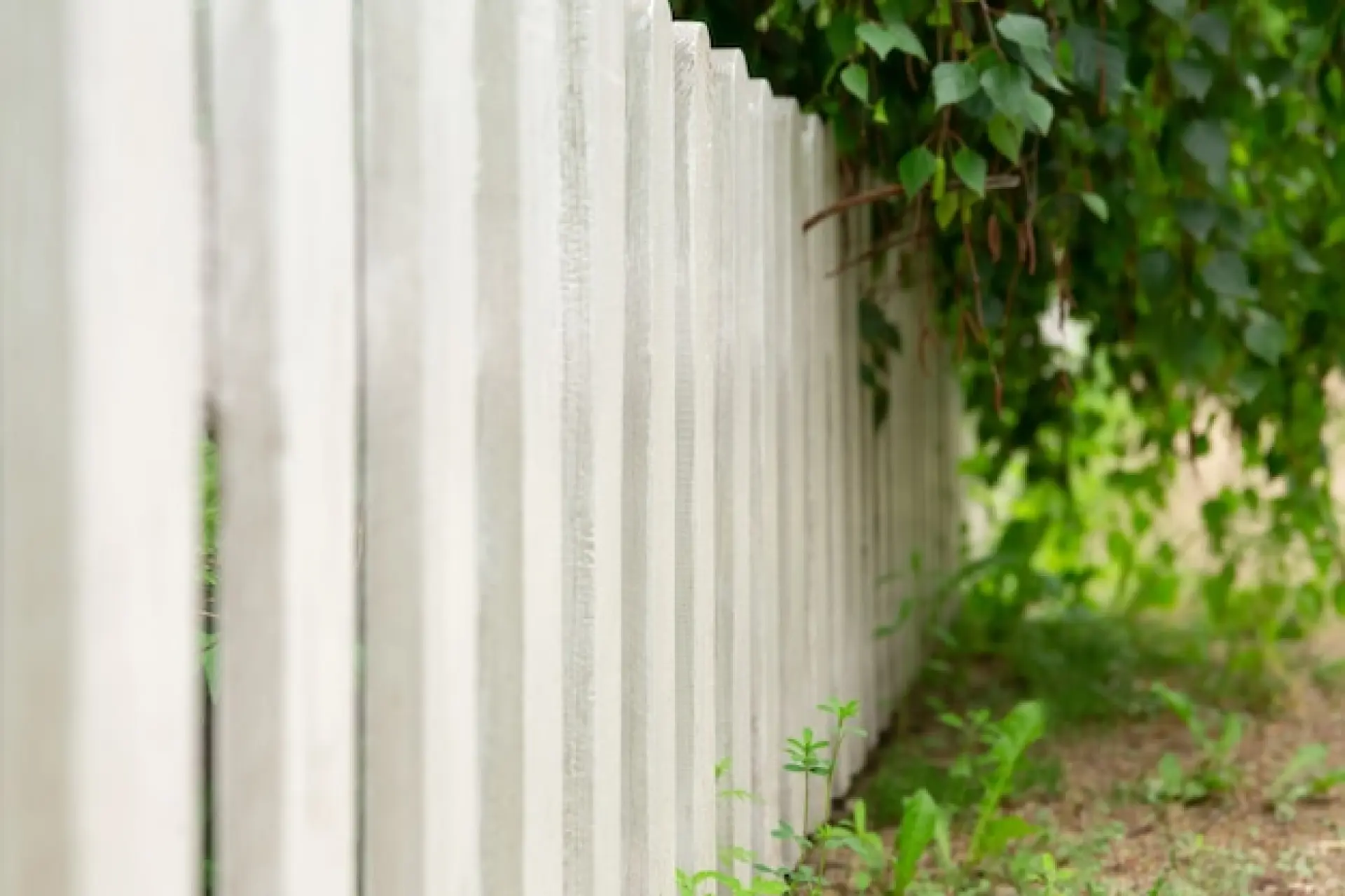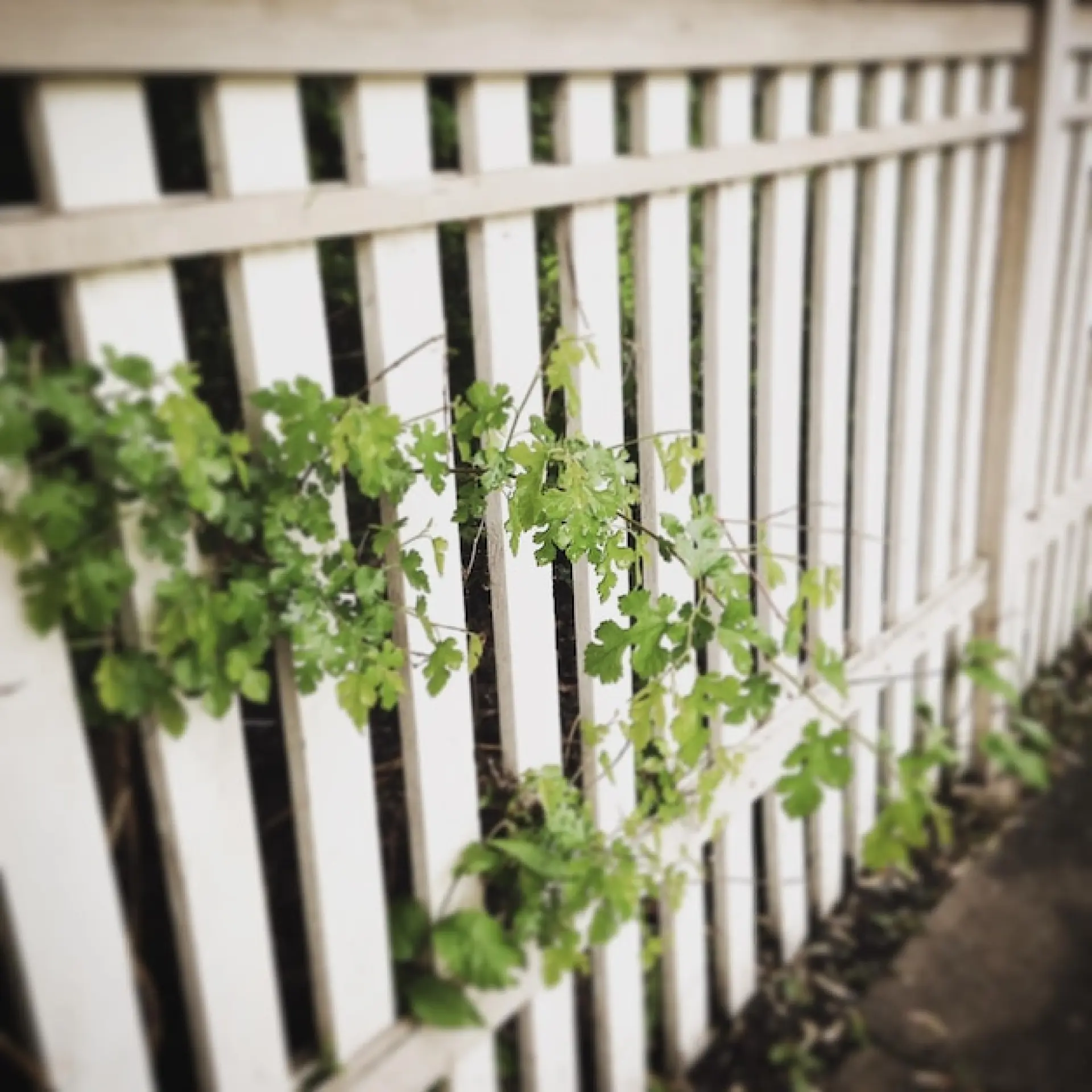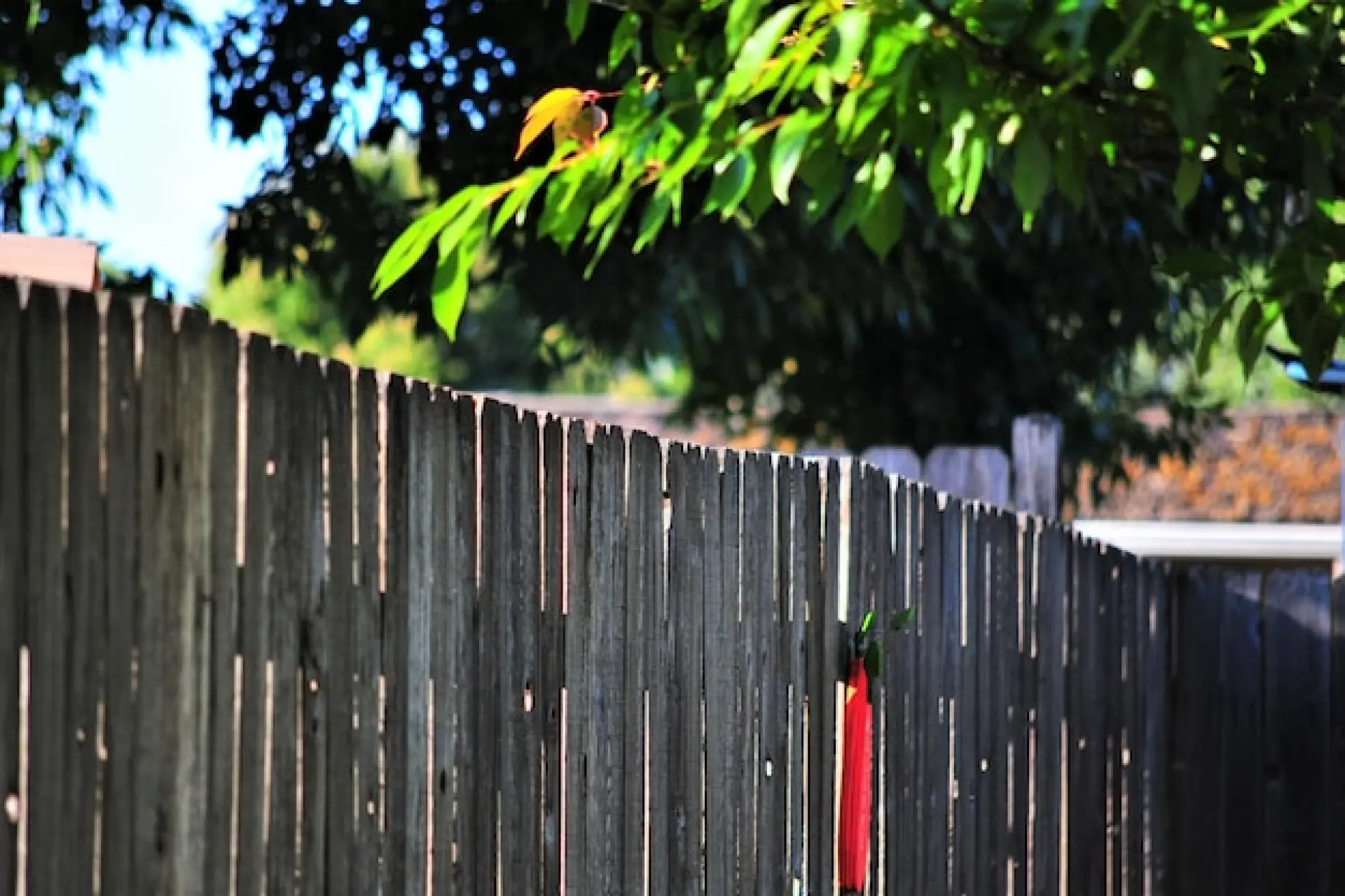Keep your garden fence sturdy with our guide for 'Maintaining Your Garden Fence'. Learn how to inspect, clean, and repair fences for longevity.
Regular Inspections and Cleaning
Keeping your garden fence in good condition starts with regular inspections and cleaning. Check for loose panels, signs of rot, and any damage caused by pests. This helps you identify issues before they worsen. Cleaning your fence removes dirt, mould, and mildew, which can weaken the wood or metal over time.
Use a stiff brush and soapy water for wooden fences, while metal fences can be wiped down with a damp cloth. A pressure washer can also be used on sturdy wooden or vinyl fences, but avoid excessive force that may cause damage. Keeping your fence clean not only improves its appearance but also extends its lifespan by preventing long-term wear from dirt and moisture build-up.
Repairing Minor Damage Quickly
Addressing minor damage promptly prevents bigger issues. Loose nails, broken panels, and small cracks should be fixed as soon as they are noticed. For wooden fences, replace damaged slats and secure any wobbly posts with additional support. If cracks appear, use wood filler to seal them before they grow larger.
Metal fences may suffer from bent sections or loose screws, which should be straightened or tightened quickly. Ignoring small repairs can lead to larger structural problems, requiring costly replacements. Regular maintenance ensures that your fence remains strong and secure, protecting your garden and maintaining your privacy for years to come.

When tackling repairs, always use quality materials that match the original construction. For wooden fences, choose galvanised nails or screws to prevent rust, and use exterior-grade wood glue for added reinforcement.
If a section of fencing is severely weakened, replacing the entire panel may be the best solution to maintain stability.
Metal fences require rust-resistant fasteners and should be checked for weak joints that may need welding.
Posts that have shifted due to weather or ground movement should be reset with fresh concrete for long-term stability. Properly maintaining your fence not only enhances its durability but also prevents the need for frequent costly replacements.
Weather-Proofing Your Fence
Exposure to rain, sun, and wind can cause significant damage to your garden fence. Wooden fences should be treated with a weather-resistant sealant to prevent water absorption and warping. Metal fences benefit from rust-resistant coatings, helping to protect against corrosion.
Applying a UV-resistant stain or paint shields wooden fences from sun damage, reducing the risk of fading and cracking. Checking the base of your fence is also important, as pooling water can weaken the structure over time.
Ensuring proper drainage around fence posts can help prevent rot or rust. Investing in weather-proofing measures extends the life of your fence and reduces the need for frequent repairs.
Treating and Painting for Longevity
Applying protective treatments and paint is essential for keeping your fence in good condition. Wooden fences should be treated with a preservative to guard against moisture, insects, and decay. Choose a high-quality outdoor paint or stain that provides a durable finish, ensuring it is suitable for external use.
Metal fences should be coated with rust-resistant paint to prevent corrosion. Before painting, always clean and sand the surface to allow proper adhesion. Applying a fresh coat every few years not only enhances the appearance of your fence but also adds an extra layer of protection, keeping it strong and weather-resistant for longer.

Preparation is key when treating or painting a fence. Before applying any treatment, ensure the surface is completely dry, as moisture can prevent the paint or sealant from bonding properly.
Use a primer on bare wood or metal to create a stable base for the topcoat. When painting, apply thin, even layers with a brush or sprayer, allowing each coat to dry fully before adding another.
For wooden fences, consider using a stain rather than paint, as it soaks into the wood and offers longer-lasting protection.
Regular maintenance, such as reapplying treatments every few years, prevents deterioration and ensures your fence remains strong and visually appealing for the long term.
Preventing Rot and Rust
Preventing rot and rust helps maintain the strength and durability of your fence. For wooden fences, use pressure-treated wood or apply a wood preservative to protect against moisture and fungal growth.
Keep the base of the fence clear of soil, leaves, and excess moisture to prevent decay. Metal fences should be coated with a rust-resistant primer and paint to reduce corrosion.
Inspect your fence regularly for any early signs of rot or rust, addressing issues immediately before they spread. Proper ventilation and drainage around the fence also play a key role in reducing moisture build-up. By taking these precautions, you can ensure your fence remains in excellent condition for years.
Are you looking for fencing and decking in Milton Keynes? Milton Keynes Fence Installation is the leading contractor for wooden fencing in the area. We are proud specialists of timber garden fences of all types.
We have worked with homes of all sizes and layouts to provide you with a personal, bespoke fencing solution for your property.
